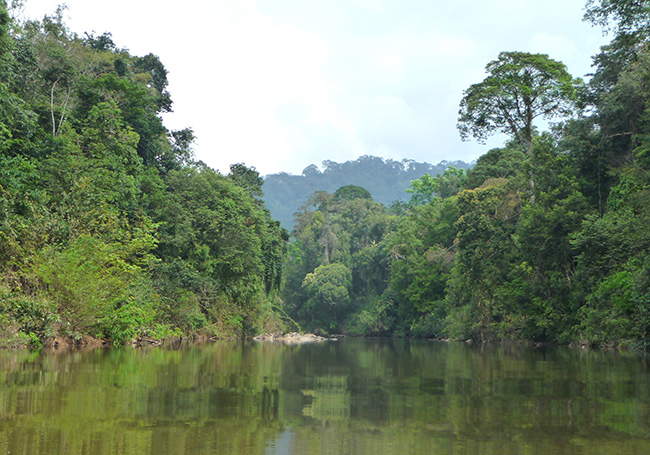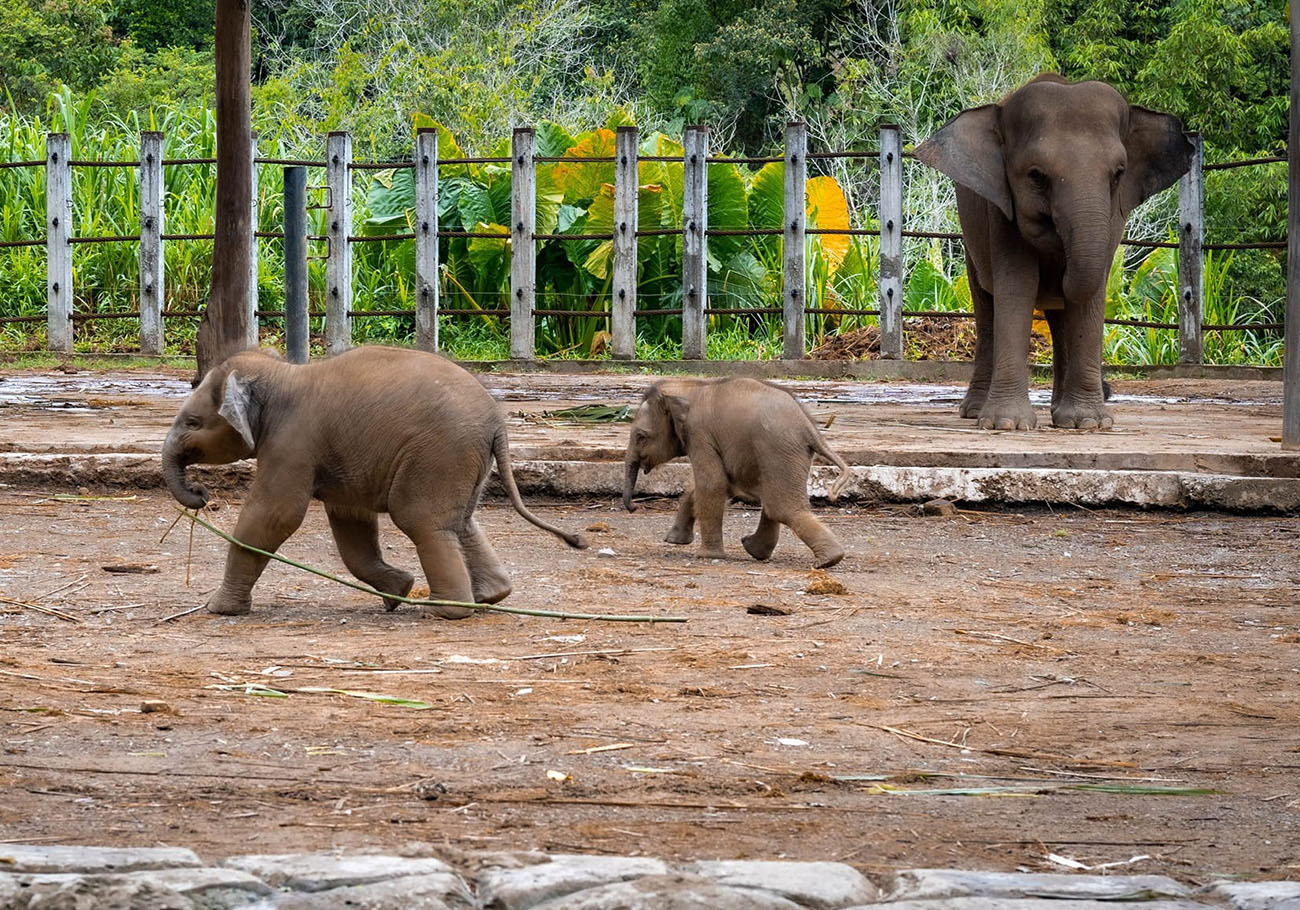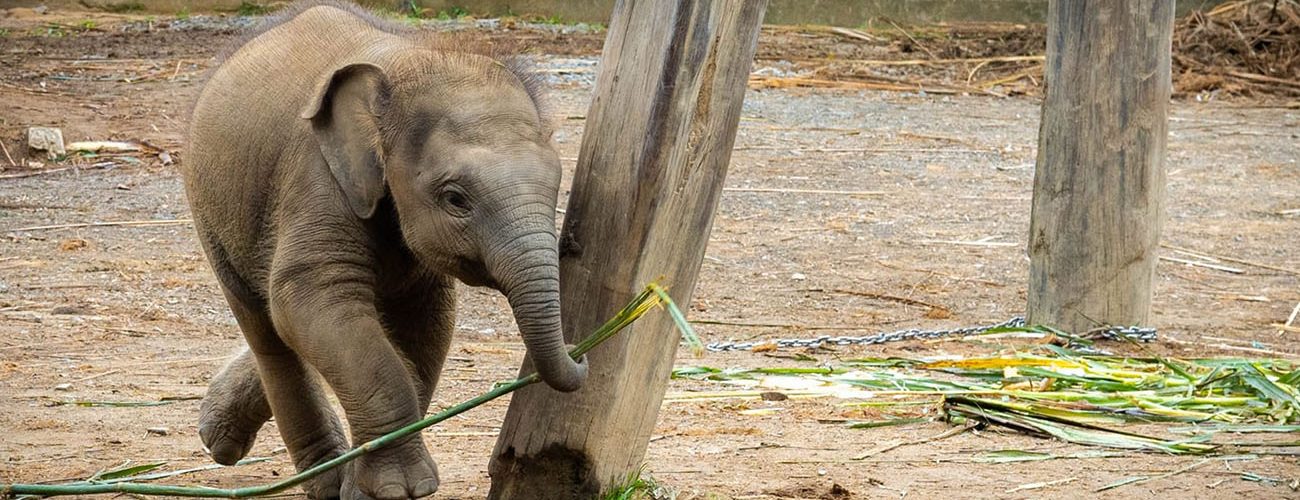
The Consumer’s Association of Penang (CAP) welcomes the mid-term review of the 12th Malaysia Plan, which promises to enhance protection for endangered species in Malaysia.
The proposed measures encompass expanding protected areas, enhancing local community engagement, strengthening wildlife crime enforcement, expanding marine protected areas, and conducting a comprehensive review of the Fisheries Act.
This review will also introduce higher penalties for offenses related to marine ecosystems and species.
The urgent need for wildlife conservation

The mid-term review of the 12th Malaysia Plan addresses a pressing issue that has garnered increased attention in recent years. Reports of regular sightings of endangered animals such as elephants, tigers, and panthers in Malaysia underscore the urgency of protecting these species.
The loss of thousands of square kilometers of forest each year, often due to development and unsustainable practices, poses a significant threat to wildlife in the country.
Malaysia has experienced a concerning rate of deforestation, with an average loss of 96,000 hectares, or 0.43 percent per year, between 1990 and 2010. Over a decade, the nation’s forest cover decreased by 8.6 percent, equivalent to approximately 1,920,000 hectares.

Apart from development, illegal and unsustainable logging, illicit removal of forest products, and forest encroachment due to agricultural and urbanization activities further endanger the country’s remaining forests.
These challenges have resulted in a significant impact on Malaysia’s endangered species, particularly the Malayan tiger.In 2009, the National Tiger Conservation Action Plan aimed to double the population of Malayan tigers to 1,000 by 2020.
However, instead of an increase, estimates suggest that the tiger population has significantly declined to fewer than 150. The reasons behind this decline remain unclear, and responsible authorities have yet to provide an explanation.
Threats from mining activities

One of the pressing concerns in wildlife conservation is the impact of mining activities on permanent forest reserves, ecologically sensitive regions, and protected areas.
CAP is particularly concerned about the approval granted by authorities for mining operations in these areas. Whether mining occurs within or adjacent to protected areas, it carries various negative environmental consequences.
Mining activities contribute to an increase in human-animal conflicts as communities living and working around mines encroach on wildlife habitats.

This often results in wildlife poaching, habitat fragmentation, and pollution. These detrimental effects further intensify the challenges faced by Malaysia’s already threatened wildlife.
CAP hopes that the government and its agencies will demonstrate their commitment to implementing the provisions for wildlife protection outlined in the mid-term review of the 12th Malaysia Plan.
Recognizing and addressing the complex issues related to wildlife conservation require a structured framework of deliberate policies, adequate operational funding, and the strengthening of the Wildlife Department’s role.
The mid-term review of the 12th Malaysia Plan presents a promising opportunity to bolster wildlife protection in the country.
With the recognition of the urgent need to safeguard endangered species and the commitment to take concrete steps, Malaysia can address the challenges posed by deforestation, mining, and other threats to wildlife.









